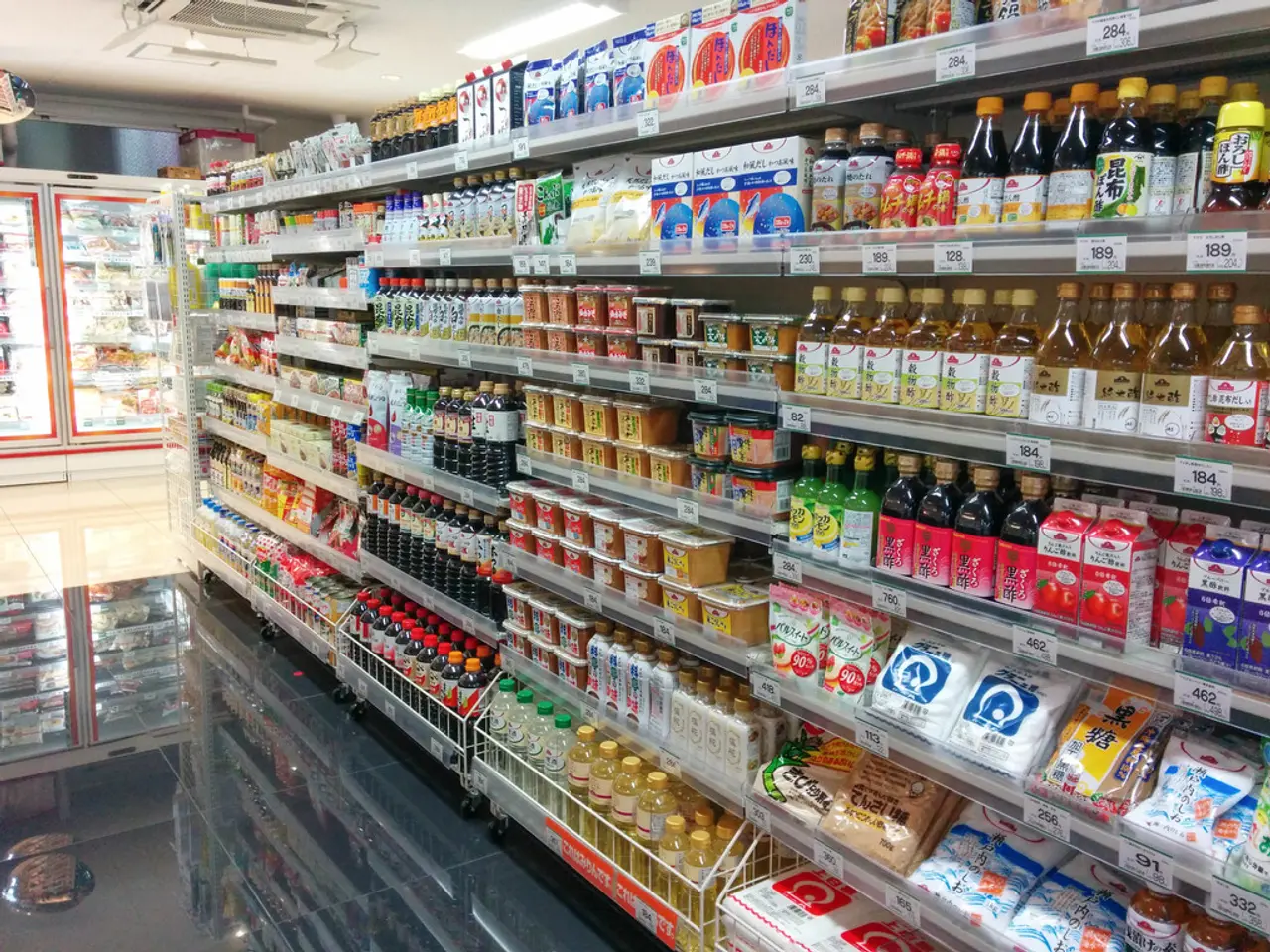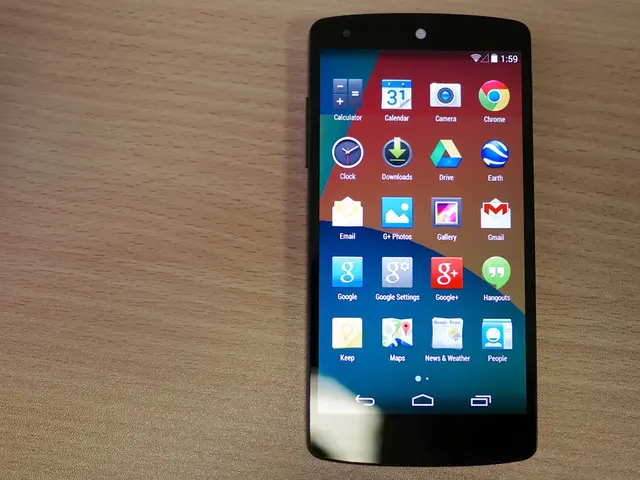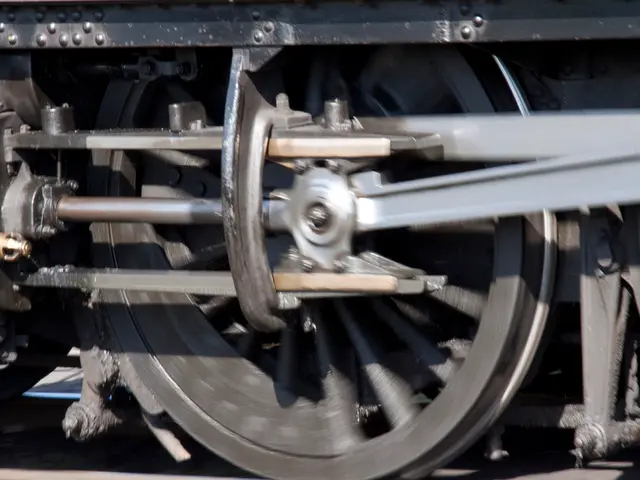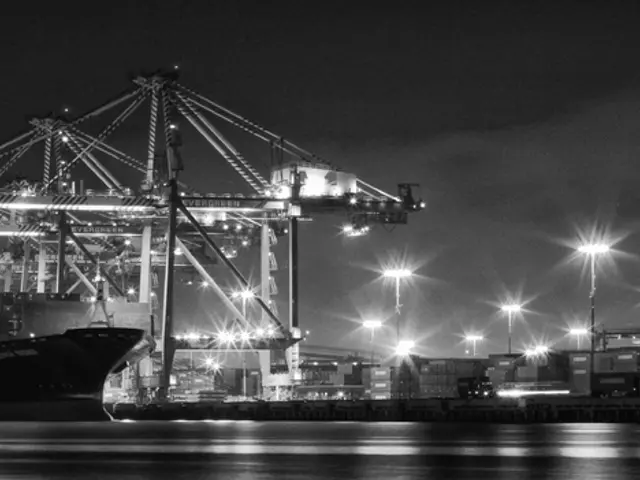Espresso Struggles: South Korea's Cafe Proliferation Approaches Capacity
Competition Heats Up in Seoul's Booming Coffee Shop Industry
The coffee shop industry in Seoul is experiencing a period of significant growth and intense competition, with both expanding international specialty brands and a thriving domestic market contributing to this dynamic environment.
International Players Make a Mark
Specialty coffee chains, such as Reborn Coffee, are aggressively entering Seoul's market. They have signed a $1 million licensing agreement, focusing on an exclusive model where local operations manage brand offerings. Their flagship store in Seoul's cultural district Gwanghwamun serves multiple purposes, including retail, roasting, and education, indicating an ambitious growth strategy planned for rapid expansion across Seoul and other regions within the year.
Low-Cost Domestic Franchises Thrive
Alongside premium and specialty chains, low-cost coffee brands have rapidly expanded their presence, creating intense price competition. Mega MGC Coffee and Compose Coffee, with 3,400 and 2,800 locations respectively, offer coffee at significantly lower prices compared to some international entrants like Tim Hortons, which has struggled to gain traction in Korea due to its comparatively premium pricing strategy.
Consumer Habits Shift
The post-pandemic work style shift has seen many customers treat coffee shops as remote workspaces, causing some businesses like Starbucks Korea to restrict the use of bulky office equipment to maintain cafes’ traditional leisure atmosphere. This highlights ongoing tensions in how coffee shops position themselves within crowded urban markets and compete for different customer needs.
Industry Networking and Innovation
Annual events such as the Seoul International Cafe Show showcase new global coffee trends, foster business connections, and promote innovation and competition among local and international players. These platforms contribute to industry vitality and market dynamism in Seoul.
A Complex, Competitive Market
Seoul’s coffee industry is a complex, highly competitive market marked by rapid growth. This environment fosters innovation but also places pressure on new entrants to differentiate and execute efficient growth strategies. In fact, Seoul has more coffee shops per capita than Starbucks' hometown Seattle and San Francisco, making it a war without borders.
Local Chains Expand Abroad
Local chains like Caffe Bene are looking to expand in Southeast Asia to drive growth. However, not all local chains are thriving. Some, like Cafe Droptop, have had to cut about 20% of their workforce at the end of 2015.
Starbucks and Local Chains Thrive
Starbucks and local chains have benefited significantly from this boom. Starbucks Coffee Korea, a joint venture between Starbucks and South Korean hypermarket operator E-Mart, has 860 stores, making South Korea one of Starbucks' biggest markets in Asia. In 2014, Starbucks Coffee Korea posted a 20% increase in net profit and a 28% increase in revenue.
Convenience Stores Join the Fray
Even convenience stores like 7-Eleven are now offering cheaper coffee, leading to increased competition. South Korea's per capita coffee consumption has nearly doubled since 1990 to 2.3 kg (5 lb) per person.
In conclusion, the coffee shop industry in Seoul is a vibrant, ever-evolving landscape, where both local and international players are striving to carve out their niche and capture a share of the growing market. The competition is fierce, but the potential rewards are significant for those who can adapt and innovate to meet the changing needs and preferences of consumers.
[1] Reborn Coffee enters Seoul market [2] Starbucks Korea restricts office equipment use in cafes [3] Seoul International Cafe Show [4] Reborn Coffee's Gwanghwamun flagship store [5] Tim Hortons struggles in Korea
- Reborn Coffee, a specialty coffee chain, has entered the competitive landscape of Seoul's coffee shop industry, following a $1 million licensing agreement and an ambitious growth strategy.
- In an effort to maintain cafes’ traditional leisure atmosphere amidst the post-pandemic work style shift, Starbucks Korea has restricted the use of bulky office equipment in their stores.





